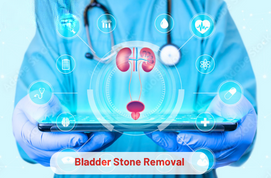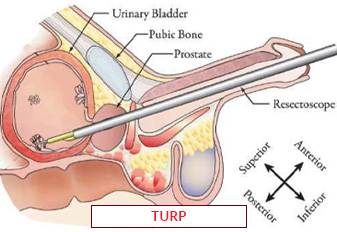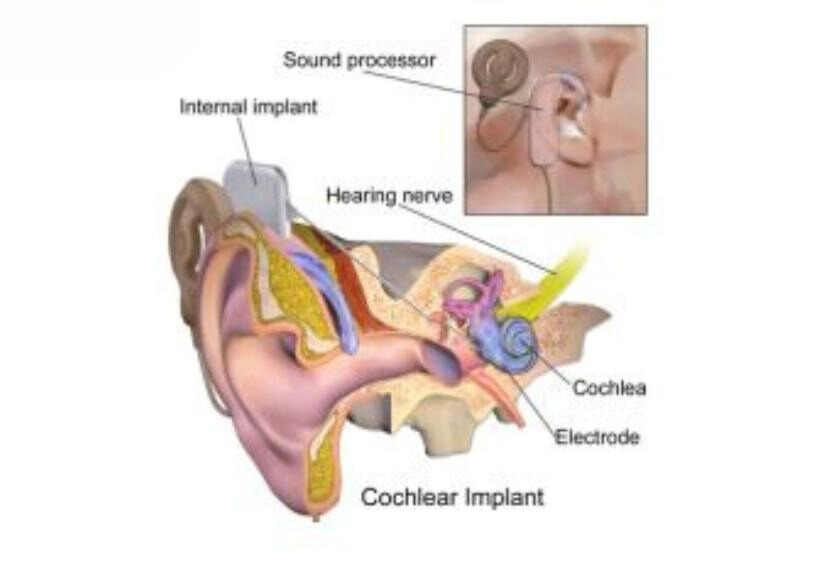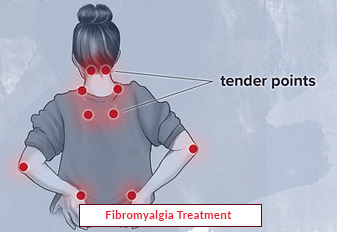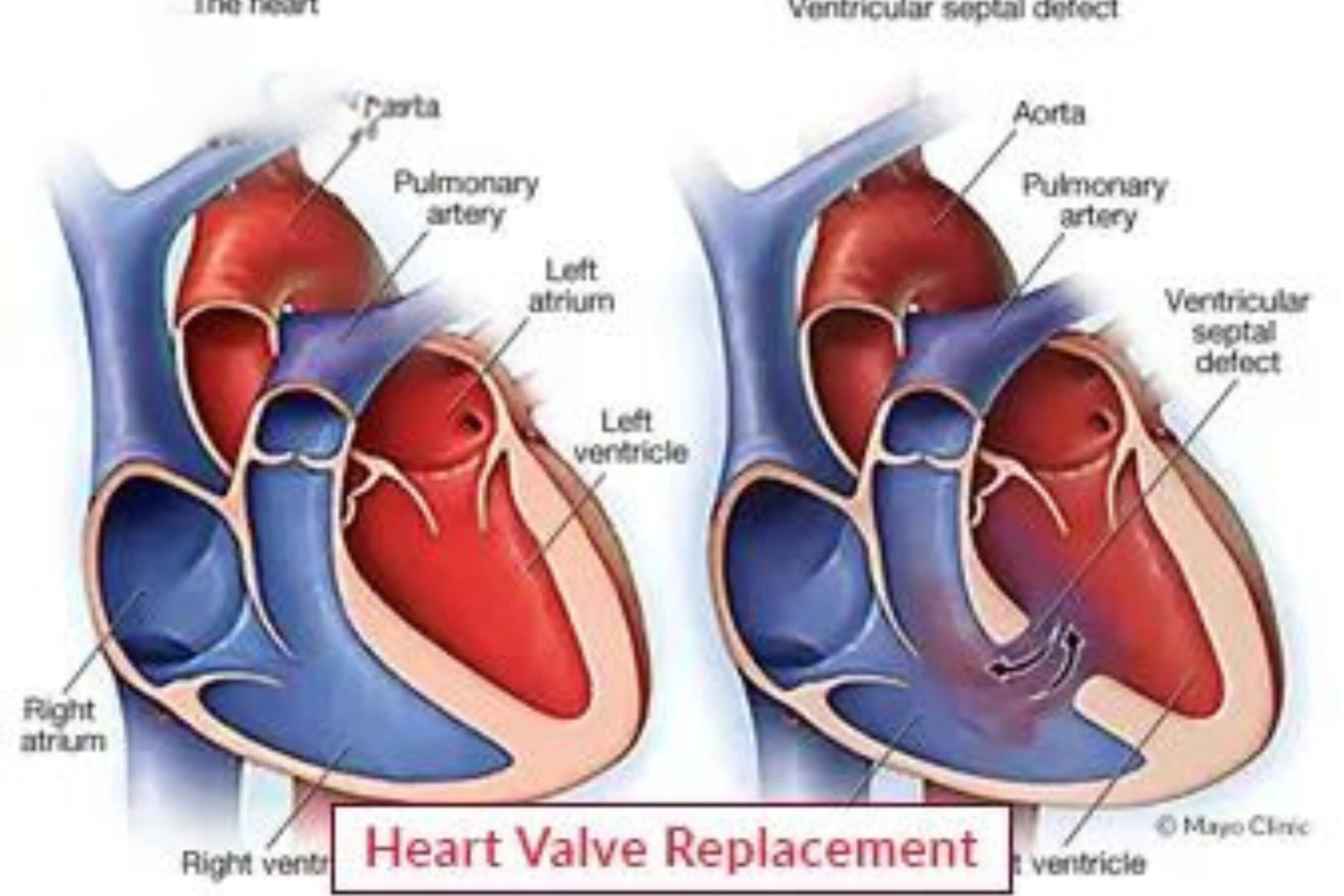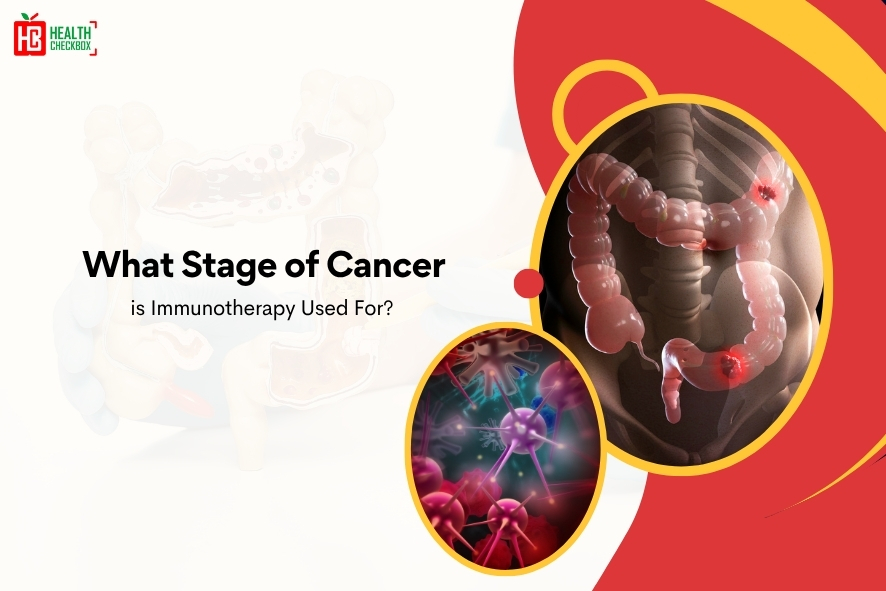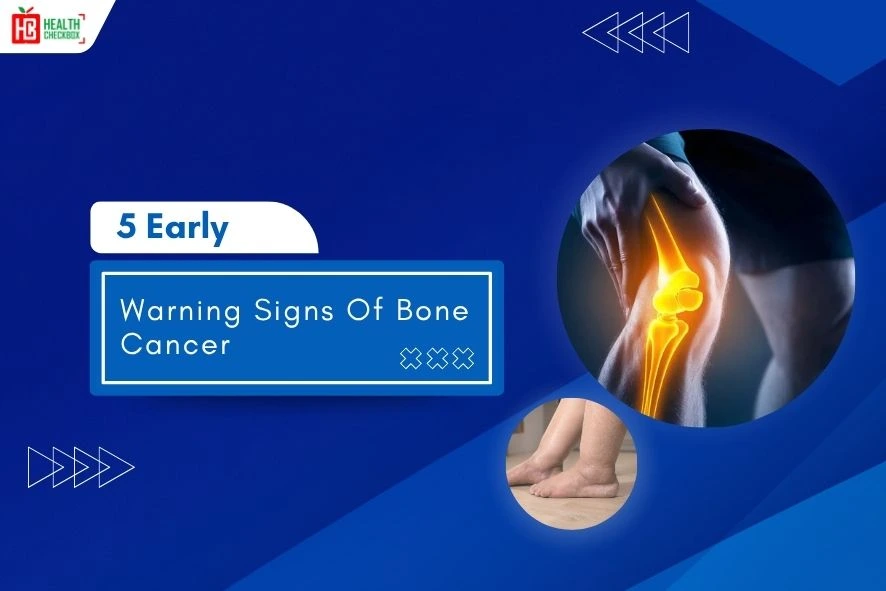Bladder stones are calcified hard lumps which are formed in the urinary bladder. When some urine remains left in the bladder then these stones are formed. Small stones do not show symptoms, whereas large stones may cause abdominal pain and other symptoms. It shows some signs, such as frequent urge to pass urine, stomach ache, difficulty in urination, blood in the urine, etc. It is most common seen in males. When these calculus are removed while crushing through an operation is called Cystolitholapaxy. Bladder stones are considered as a type of urinary stone. It is found that 10% of individuals have stones throughout their lifetime. Surgeons perform bladder stone removal surgery to remove stones that form in the bladder.
Causes of Bladder Stone
When urine gets stored in the bladder and becomes concentrated. Then it changes to crystallized to become stone. Sometimes, infection may lead to bladder stones. There are some common conditions which may increase the chances to get bladder stone. These are given below:
- Urinary tract infection and radiation therapy may cause infection in the bladder. This leads to bladder infection.
- When nerves get damaged due to injury which passes messages from the brain to the bladder.
- In males, the prostate gets enlarged and prohibits the passing of the urine. This prevents the bladder from emptying the urine which leads to forming stones.
- When an individual does not drink enough amount of water then minerals do not
- Sometimes, kidney stones may travel down into the bladder.
- Use of bladder catheter to drain urine may cause stones in the bladder.
Treatment Procedure for Bladder Stone Removal Surgery
Before extraction of stones some protocols have to be followed, like a diagnosis report and then treatment is started.
Diagnosis
It is the first step which is done before starting the treatment. It involves the followings diagnostic tests:
- Analysis of urine
- Bladder X-ray
- Ultrasound of the abdomen
- Urine culture to see bacterial growth
- Endoscopy of the urinary bladder
Treatment Options
There are some ways through which stones can be extracted from the bladder:
Non-Surgical Method
In this treatment, stones break apart by using medicines. A small tube is placed inside the bladder to see the stone by using the camera. These stones break down into small pieces by using a laser.
Surgical Methods
If stones do not get flushed out from the bladder after drinking lots of water. Then there may be the requirement of surgery. There are two types of cystolitholapaxy surgery:
- Percutaneous Suprapubic: Stones are removed without damaging the urethra. It is done by making a small cut in the lower abdomen by giving a general anesthesia. It is mostly advised for children.
- Transurethral: This surgery is an ideal for adults for removing stones. In this process, a hard tube with a camera is inserted into your bladder. This tiny camera helps to view and locate these bladder stones. Then these stones are broken with a crushing device to break into small pieces. It is done by making the site numb during the procedure. Then these broken pieces washed out from the bladder.
Note: During the procedure, there might be the risk of infection. So doctors will administer some antibiotics to minimize the risk of injury or infection.
Latest Health Tips
Can Immunotherapy Cure Stage 4 Lung Cancer?
Early Signs of Cervical Cancer
Foods that Kill Cancer: Leafy Vegetables, Grains, & More
What Stage of Cancer is Immunotherapy Used For?
Which is Worse for Cancer, Sugar or Alcohol?
Vaccines That Prevent Cancer
What Kills Cancer Cells in the Body Naturally?
Early Warning Signs of Bone Cancer
Submit Your Enquiry
Testimonials








